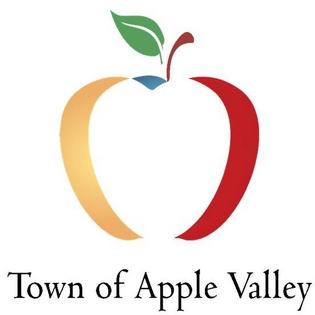The benefits of community owned water (April 14, 2015)

When the community owns the water system, there is a different approach to setting water rates. The people have a direct say in establishing the cost citizens pay for water. Under corporate ownership with companies such as the Carlyle Group, the water rates are established through a different process and the citizens have less of a say.
In most California cities, the water system is community-owned and operated by a department in the local government. When the government wants to increase the rates it charges for water, it must follow the rules established by Proposition 218, passed by California voters in the 1990s. Proposition 218 requires community owned water agencies to provide notice and a public hearing before imposing new or increased water rates. In addition, property owners have a right to protest rate increases. If a majority of owners file a protest, the water agency must go back to the drawing board. Furthermore, Proposition 218 mandates that the revenues received from the sale of water not exceed the funds required to provide water service. It also forbids the imposition of rates which exceed the proportional cost of service attributable to each parcel of property.
Unlike Community Owned Water, Corporate Water Operators raise rates through a Commission
But when groups such as the Carlyle Group, which owns water systems in Apple Valley, and Missoula, Montana, wants to raise rates, the process is very different. In California, corporate-owned water systems make their case to the California Public Utilities Commission. This commission is comprised of five commissioners appointed by the governor and approved by the state Senate. The citizens have no say in selecting these people. For the most part, the commissioners are people with a background in public utilities. There have been many reports about the too-cozy relationship between some commissioners and some utilities. (PUC emails appear to show former chief Michael Peevey overstepping his rolel)
There is a citizen’s representative office at the PUC. And individual local governments can intervene in rate cases. But the difference is the PUC has an ongoing relationship with the corporate utilities and the commissioners are not accountable to the people in the local towns.
Most often, the corporate utilities receive approval for increases that are very close to what they ask for.
Under community ownership, the people have a say in the rates. Under corporate ownership, a state commission sets the rates. Community owned water gives people a say.
Source: avh2ours.com/2015/04/the-benefits-of-community-owned-water/